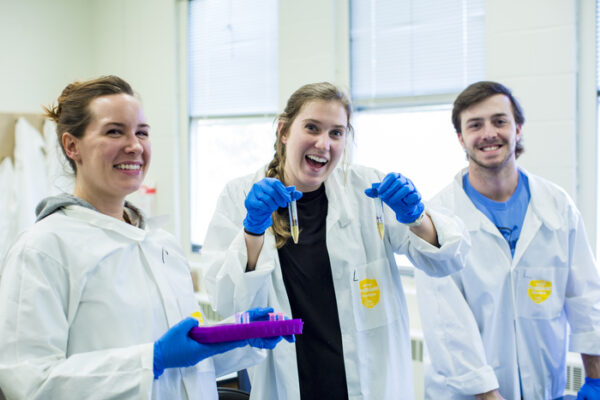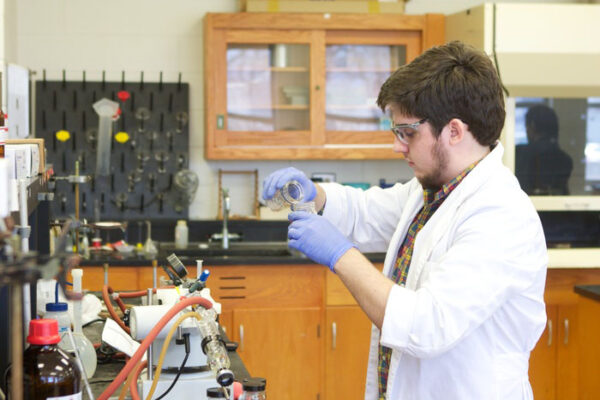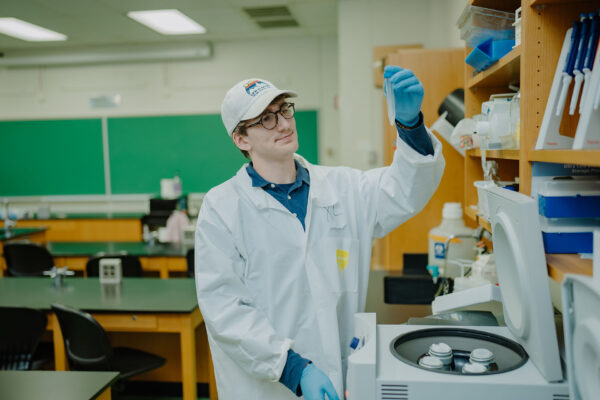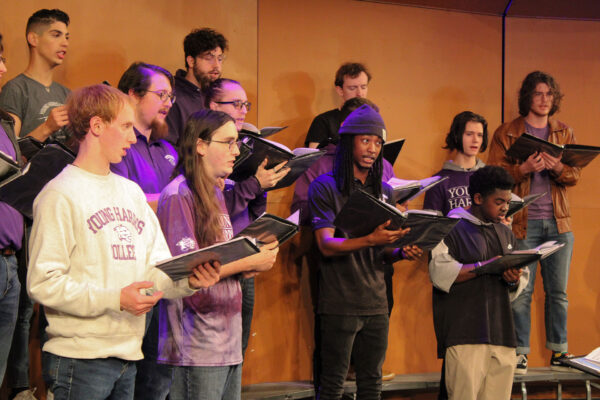
Division of Math, Science, and Technology
Combine traditional laboratory experiences with field experiences so you can conduct and present research as an undergraduate.
Academic programs in Division of Math, Science, and Technology
The Division of Mathematics, Science, and Technology is full of hypotheses, experiments, and discovery. Build a strong base of expertise and apply your newfound knowledge to research that changes lives or challenges long-held ideas.
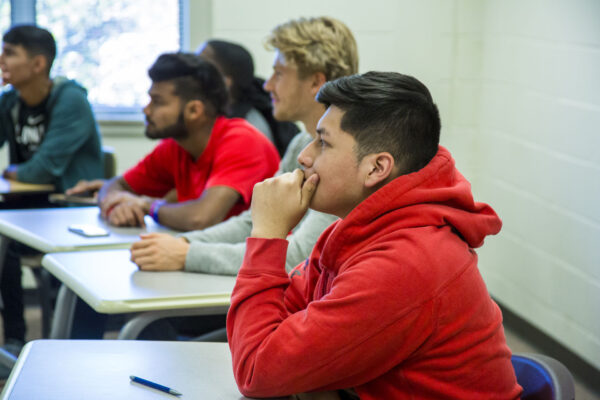
Mathematics/Mechanical Engineering (3+2 with UGA)
Earn a B.S. in Mathematics at Young Harris College and a B.S. in Mechanical Engineering at the University of Georgia in just 5 years.
Biology Pre-Professional Pathways
YHC offers a pre-professional program to prepare students for further study in medicine, nursing, physical therapy, veterinary, or zoology/ecology.

Courses in additional fields of study
YHC also offers individual courses in additional science and technology fields. Browse the academic catalog for courses in astronomy, computer science, and geography.
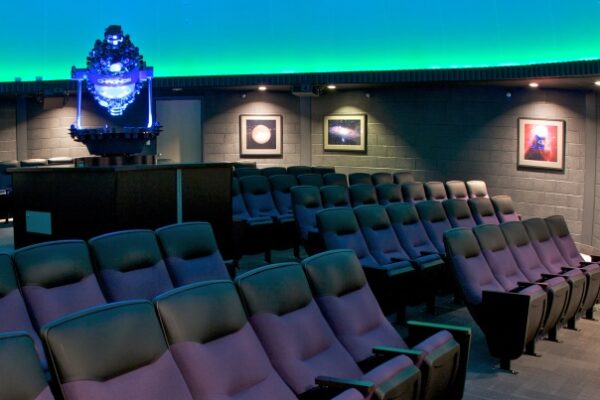
Discover the night sky: planetarium and observatory
The O. Wayne Rollins Planetarium is an immersive and powerful experience on the campus of Young Harris College. A state-of-the-art simulator projects a realistic and beautiful image of the starry sky over ae dome surface. Shows for the public and school groups are available.
YHC also operates an astronomical observatory with several telescopes under the dark skies located at Brasstown Bald, the tallest peak in Georgia.
Division initiatives
Hemlock Project
The YHC Hemlock Project is a volunteer organization housed on the campus of YHC with the goal to stem the growing infestation of a tiny bug called Hemlock Wooly Adelgid (HWA) in the hemlock stands of the north Georgia mountains.

